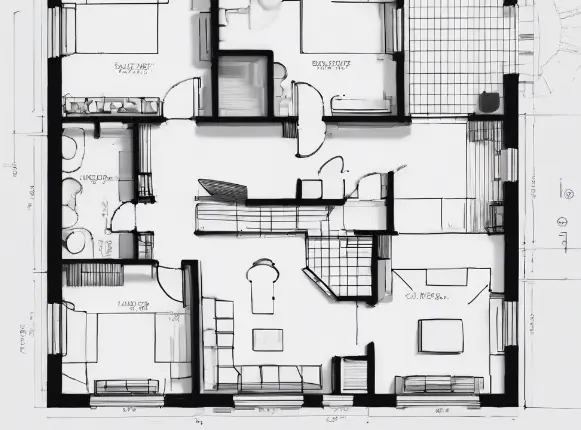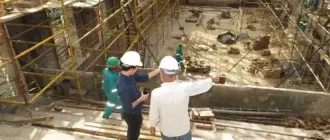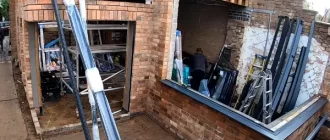Constructing a house is an exhilarating undertaking, although it can also be a complicated and lengthy task. By improving the efficiency of your building process, you have the opportunity to reduce time and financial expenditure, and guarantee a more seamless progression from beginning to end.
Whether you’re a homeowner or a contractor, we have compiled some valuable suggestions to assist you in streamlining and enhancing your house construction process.
1. Set Clear Goals and Expectations
Before beginning the construction process, it is essential to define your goals and expectations clearly. Identify your objectives for your home construction venture, such as practicality, visual appeal, eco-friendliness, or efficiency. Share these goals with your construction crew and make sure everyone is aligned. Effective communication is crucial for a fruitful project.
2. Plan and Design Efficiently
Efficient planning and design are crucial for optimizing the construction process. Work with an experienced architect or designer to create a well-thought-out plan that maximizes space utilization, reduces material waste, and promotes easy construction. Consider factors such as natural lighting, ventilation, and energy-efficient systems to improve comfort and reduce ongoing costs.

3. Hire Reliable and Experienced Professionals
Choosing the right professionals for your construction team is vital. Opt for experienced contractors, architects, engineers, and subcontractors who have a reputation for delivering quality work within the specified timeframe. Check references, look at past projects, and make sure to communicate your expectations clearly from the beginning.
4. Use Advanced Construction Technologies
Incorporating advanced construction technologies can significantly enhance the efficiency of your house construction process. Utilize software and tools that aid in project management, scheduling, and budgeting. BIM (Building Information Modeling) can help visualize the construction process and identify potential errors or clashes beforehand, saving time and resources.
5. Establish a Realistic Timeline and Stick to It
Develop a realistic timeline for your construction project, accounting for all phases, from permits and approvals to material sourcing and construction. Avoid unnecessary delays by closely monitoring progress, addressing issues promptly, and fostering effective communication between all parties involved. Adhering to the timeline will keep the project on track and prevent costly delays.
6. Optimize Material Management and Procurement
Efficient material management and procurement can significantly impact your construction process. Develop a detailed bill of materials, identify reliable suppliers, and negotiate favorable rates. Opt for locally available and sustainable materials to reduce transportation costs and support the local economy. Minimize material waste by ordering precise quantities and reusing or recycling materials when possible.
7. Regularly Communicate and Collaborate
Effective communication and cooperation among the construction crew, subcontractors, suppliers, and all relevant parties are crucial to ensure a seamless construction process. It is important to keep communication channels open by having regular meetings, providing progress reports, and utilizing digital platforms to discuss any issues, resolve conflicts, and share updates. Encourage collaboration and teamwork to stay on top of deadlines and ensure a cohesive project.
Conclusion
You can make the process of building a house more efficient, save money, and reach your desired goals by implementing these optimization strategies. It is important to keep in mind that success in any construction project requires careful planning, effective communication, and a focus on the small details.







